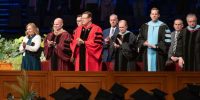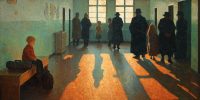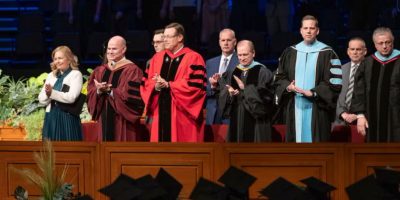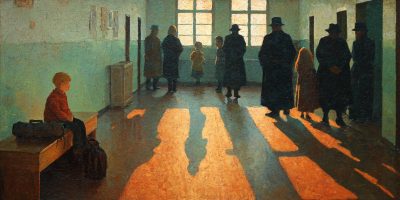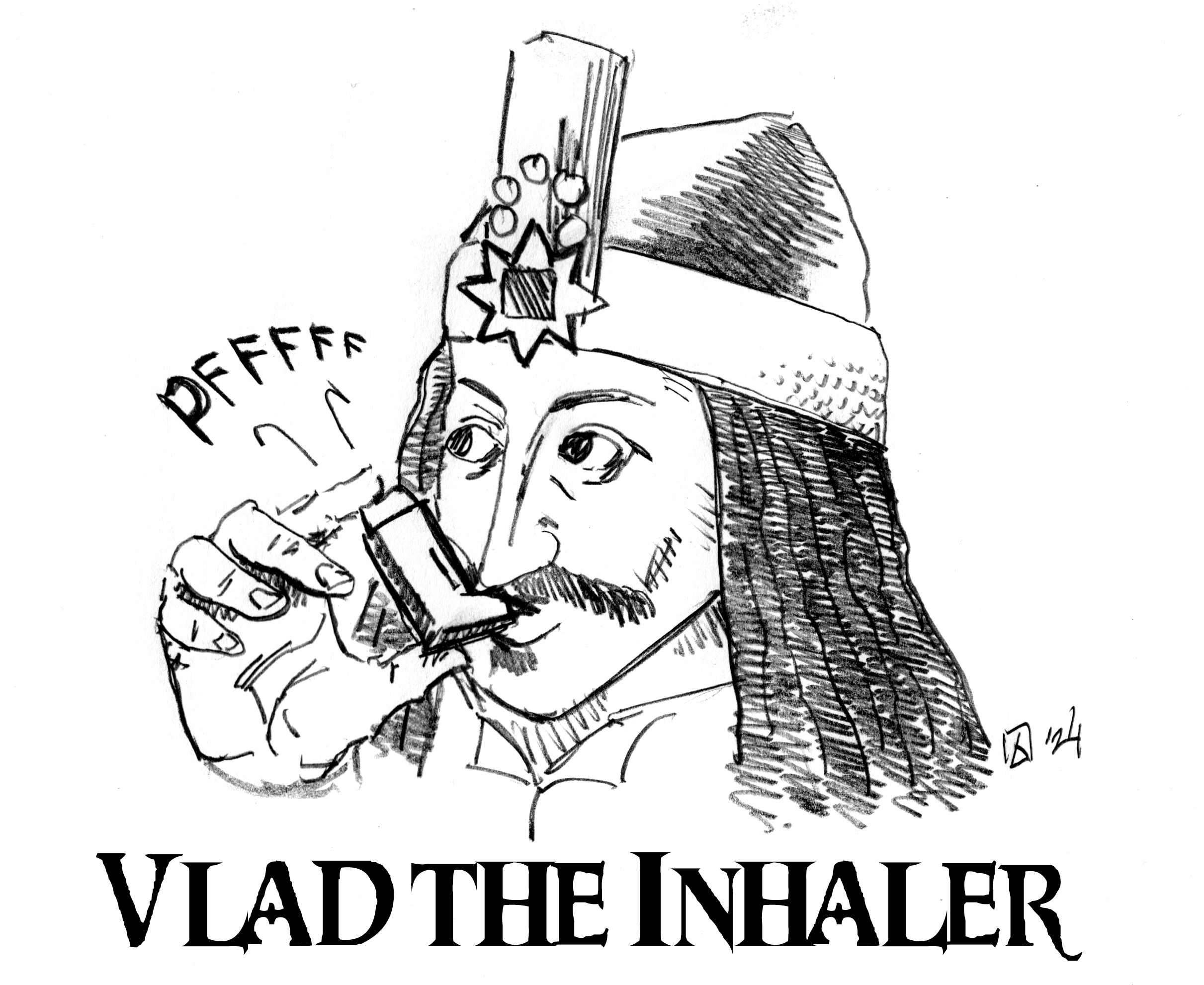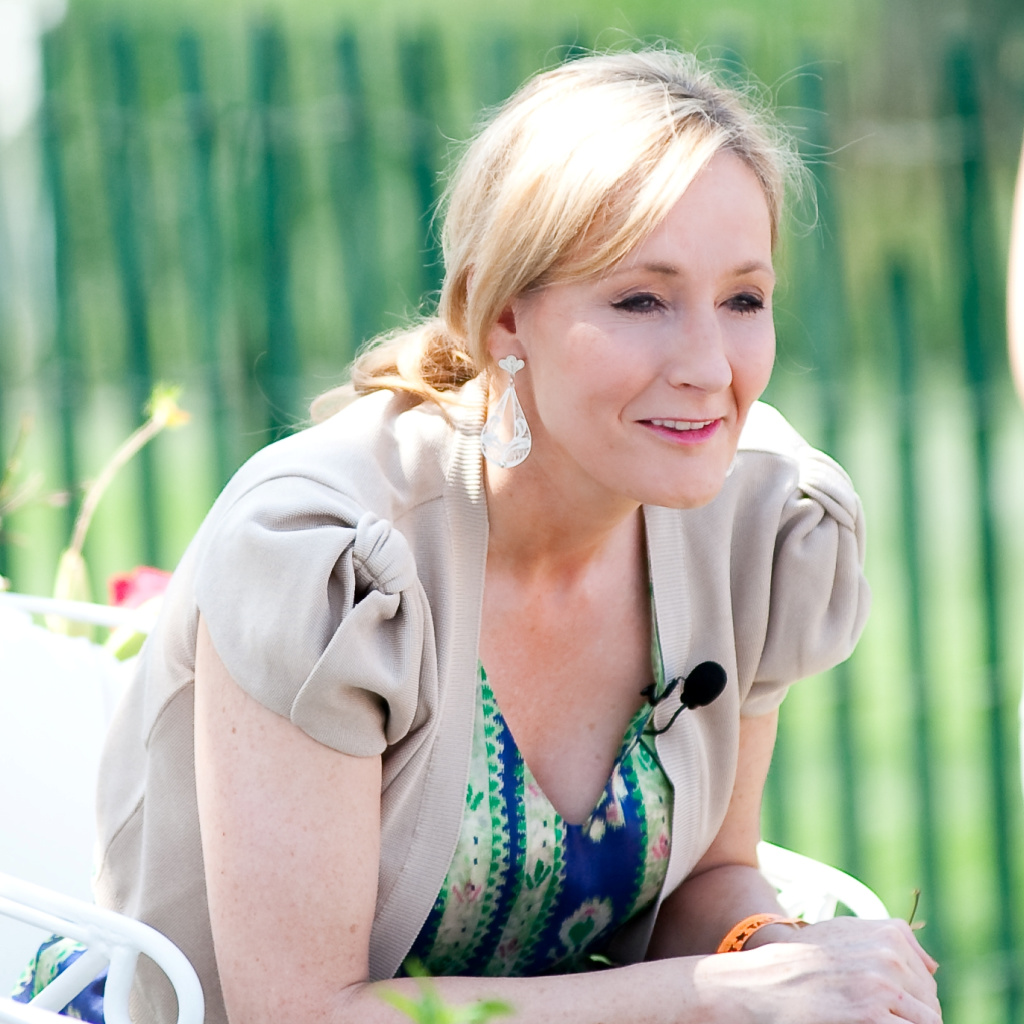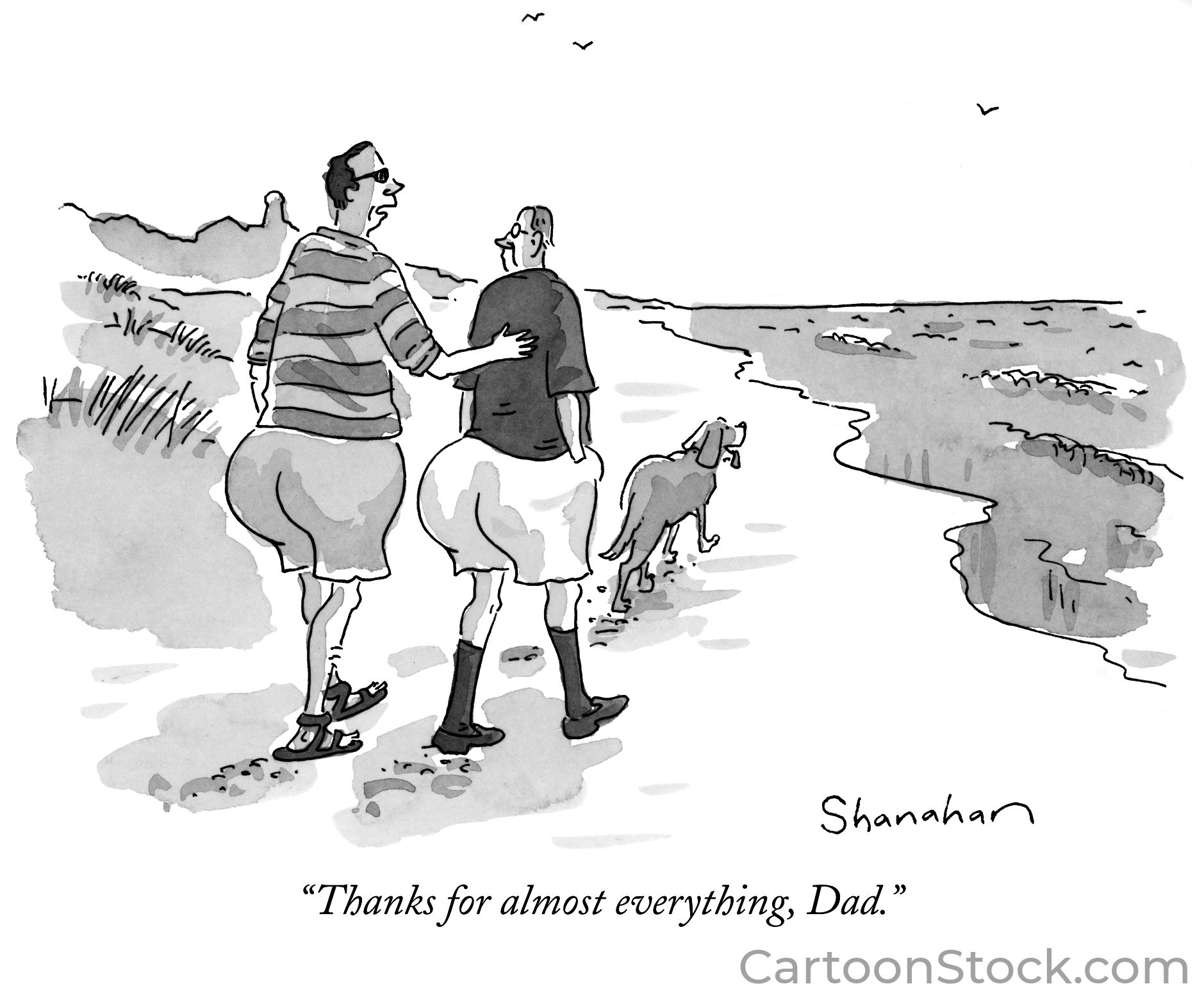Every life needs a healthy dose of not just good books but the “best books.” Those last two words are familiar to many Latter-day Saints. Joseph Smith taught the early Saints to seek wisdom out of the “best books” to increase faith in a God whose glory is intelligence.
This is hard to do. It requires our most limited resource (time) and a careful, discriminating selection of reading material. What’s more, how do we know a book is one of “the best”? The same way you know the peach you bite into is ripe and delicious—perhaps one of the best you have ever had. You feel it, you smell it, you taste it, you savor it. It infuses your senses with delight. You know it is not just good but outstanding. And your sense of its goodness is heightened and refined because of your experience with bad fruit.
The best books are like that. They contain sentences and paragraphs and pages full of unique ideas that move our minds, touch our hearts, and fill our souls with light. They are the product of deep and serious thought that comes from homegrown, direct experience with the messy realities of life. Epictetus said “books are the training weights of the mind” and that reading them should help us “think better” and “be a more discriminating and reflective person.” Any book that does not do these things is probably not worth our time.
In that spirit, each month I will share with you, dear reader, five books that have moved me, challenged me, and enlightened me in the best of ways. I recognize that this may seem presumptuous. One person’s “best” may be another’s trash. But I think you will readily recognize that the moral heft of these texts is well worth your time.
Meditations, Marcus Aurelius
This work from a Stoic philosopher of the second century A.D. contains invaluable insights on universal topics. These include our debt to parents, family, and teachers, how to channel anger, the realities of change, the importance of proper perspective, the joys of simplicity, and the fragility of life. One of the choicest fruits from Aurelius’ tree is a passage that points to the possibility of self-control and shows how to maintain equanimity in the midst of trials not of our own making:
“If you suppose that the things that are not within your power are good or bad for you, then if you suffer a bad thing or the loss of a good thing, you will blame the gods and hate men, too: those who are the cause of the misfortune or the loss, or those who are suspected of being the likely cause; and indeed we do a great injustice when we dwell on such matters. But if we judge only those things that are in our power to be good or bad, there remains no reason either for finding fault with God or standing in a hostile attitude to man” (emphasis added).
These Meditations were “thoughts addressed to himself” and not, we may assume, intended for publication. In this fact, we find one more applicable gem of wisdom from Marcus Aurelius: Though we may think our own lives are insignificant, there is untold value for generations to come in reflecting on, writing about, and sharing our experiences and observations.
War and Peace, Count Leo Tolstoy
The truths Tolstoy weaves into this staggeringly beautiful narrative set during Napoleon’s invasion of Russia are eternally relevant. The text is rich and unforgettable. Pride and power, meanness and mercy, vain pursuits and spiritual hunger, lust and true love—these and more are its themes.
Here is just one example: In volume three, we come upon a scene of heartbreaking carnage. One of the principal characters, Prince Andrei Balkonsky, is in a tent for the wounded during the Battle of Borodino. He is delirious from the pain of a serious stomach injury. He is surrounded by the pitiful groans of suffering men. The man next to him has several people holding him down while two doctors amputate his leg. This isn’t just any man—it’s Anatole Kuragin, the scoundrel who earlier in the narrative and destroyed Andrei’s relationship with the charming Natasha Rostov.
“Books are the training weights of the mind.”
We might expect to see a man set on vengeance, but Tolstoy gives us instead a glimpse of the possibilities of forgiveness and divine love. When Prince Andrei finally grasps through the fog of pain who this man is, “a rapturous pity and love for [Kuragin] filled his happy heart. Prince Andrei could no longer restrain himself, and he wept tender, loving tears over people, over himself, and over their and his own errors.”
Prince Andrei, who worshiped the god of military glory and struggled with nihilistic impulses, now realizes that the sum of life is “compassion, love for our brothers, for those who love us, love for those who hate us, love for our enemies—yes, that love which God preached on earth.”
Not in God’s Name: Confronting Religious Violence, Rabbi Jonathan Sacks
Rabbi Sacks, one of the world’s foremost religious diplomats and a former chief rabbi of the United Hebrew Congregations of the Commonwealth, argues that religious extremism and violence in the name of religion are worst of ways to take God’s name in vain. Violence exists because humans are social beings who gather in groups to find identity, meaning, and purpose, but groups tend to conflict and fight over the same resources. Religion comes into play only because “it is the most powerful source of group identity the world has yet known.”
In our groups, we are prone to see the world through a dualistic lens—a dangerous zero-sum approach that sees only loss in another’s gain. Abraham shows us another way. “Abraham himself sought to be a blessing to others regardless of their faith,” Rabbi Sacks says. “That idea, ignored for many of the intervening centuries, remains the simplest definition of Abrahamic faith. It is not our task to conquer or convert the world or enforce uniformity of belief. It is our task to be a blessing to the world.”
Rabbi Sacks shows, through a reexamination of the sibling rivalries of Genesis, that God’s love and blessing are for everyone. The book of Genesis, he says, shows that sibling rivalry is natural but not inevitable. “We are each blessed by God, each precious in his sight, each with our role in his story, each with our own song in the music of humankind,” Rabbi Sacks says. “To be a child of Abraham is to learn to respect the other children of Abraham even if their way is not ours, their covenant not ours, their understanding of God different from ours. We know that we are loved. That must be enough. To insist that being loved entails that others be unloved is to fail to understand love itself. . . . Our common humanity precedes our religious differences.”
Onward: Engaging the Culture Without Losing the Gospel, Dr. Russell Moore
The gregarious and large-hearted leader of the Ethics and Religious Liberty Commission of the Southern Baptist Convention offers a warm and welcoming voice that can bless many both outside of and inside of Christian churches. He calls Jesus the “gentle steamroller” who “seeks to save, not to condemn,” and who is “unafraid to be in conversation with those the rest of society would see as ‘immoral’ and ‘not our kind of people.’” Reminding us of the crowds with whom Jesus associated during his life, Dr. Moore tells us that “if the church is powered by the gospel, then the body of Christ has tattoos.”
“If the church is powered by the gospel, then the body of Christ has tattoos.”
Dr. Moore’s book is also a call for Christians in a pluralistic world to be, above all else, Christians—not Americans or Texans or New Yorkers only. And instead of lamenting every seemingly adverse change in culture, the Evangelical leader invites readers to see the larger message God might be sending them.
“We ought to remember what a shifting culture might force us to remember, what we never should have forgotten in the first place: that national identity is important, but transitory,” he writes. “There will come a day when Old Glory yields to an older glory, when the new republic succumbs to a new creation. We must not shirk from our calling as citizens, but we also must not see our citizenship of the moment as the final word. We are Americans best when we are not Americans first.”
When Breath Becomes Air, Paul Kalanithi
Two years before this book was published, Mr. Kalanithi (in the throes of stage IV lung cancer) reflected in a New York Times op-ed about how the diagnosis had changed his life.
“I began to realize that coming face to face with my own mortality, in a sense, had changed both nothing and everything,” he wrote. “Before my cancer was diagnosed, I knew that someday I would die, but I didn’t know when. After the diagnosis, I knew that someday I would die, but I didn’t know when. But now I knew it acutely. The problem wasn’t really a scientific one. The fact of death is unsettling. Yet there is no other way to live.”
This book gives fresh meaning and eternal force to the Christian phrase “endure to the end.” Mr. Kalanithi’s diagnosis came as he neared the end of 10 years of training to be a neurosurgeon. One morning, grappling with the uncertainty of how long he would live and “lost in the featureless wasteland of [his] own mortality,” he made a key decision: “I would push myself to return to the OR. Why? Because I could. Because that’s who I was. Because I would have to learn to live in a different way, seeing death as an imposing itinerant visitor but knowing that even if I’m dying, until I actually die, I am still living.”
Mr. Kalanithi’s body died before the book was finished. But his words live on to help the rest of us lead lives that better cherish the remaining moments.



